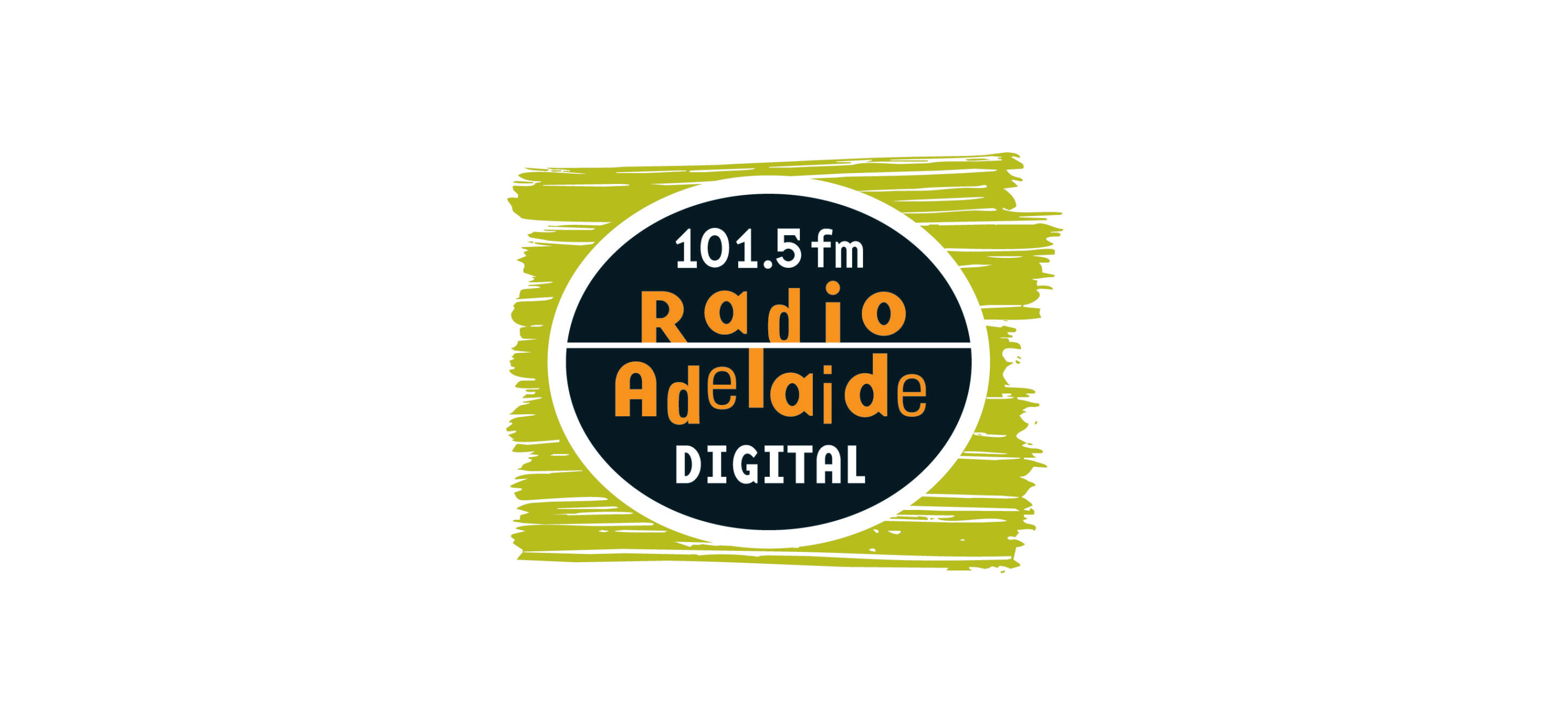Future of Radio Adelaide up for discussion

The future of influential community radio station Radio Adelaide is up for discussion – with scaling down operations or closing it down among two options.
Like all colleges in this country, its owner and major funder, the University of Adelaide, has been hit by Federal Government budget cuts. It currently supplies 48% of the station’s income, about $4 million over the next five years.
Vice-Chancellor Professor Warren Bebbington explained this could not continue under its five-year business strategy:
“All parts of the University are required to make savings, and we cannot exempt Radio Adelaide from the financial constraints on our core teaching and research,” he said. “I think this is a moment where we need to find out whether there are other people in the community who would like to share this.
“We certainly recognise the value of Radio Adelaide as a community broadcaster. But now is the time to think through a viable future model for the station.”
TMN has learned the University made the decision to sell the station’s building 12 months ago, and without a commitment to continue supporting the station.The station’s General Manager, Deborah Welch said: “It was a choice made a year ago in full knowledge of the implications for the station, and it came with a commitment to relocate Radio Adelaide.”
“A decision and funds commitment was expected in November, but instead the University has opened another brief consultation period that pushes a decision closer to Christmas,” added Welch. “The station community is concerned that this is a precursor to shutting the station down.”
Radio Adelaide already has to find a new home by June 2016 after the University sold its North Terrace building.
Seeing this as an opportunity to consider the station’s overall future, the University commissioned community broadcast consultants, Kath Letch (3RRR) and Ann Tonks (6UVS), to independently review the challenges and opportunities for the station. Their options, after lengthy consultation with stakeholders and the community, were analysed and costed by accounting firm Ernst & Young.
Letch-Tonks point out that most Australian community radio stations source their income from sponsorship (generally 46%) and subscription (20%) while the Federal Government contributes about 8.5%.
But with Radio Adelaide, 25% comes from sales of air time and training, while sponsorships and subscriptions are low at 3% each.
The University yesterday released a discussion paperto discuss the five options. These are:
(1) Keep Radio Adelaide going as is, but that would mean the University would have to give the station priority over its core research and training programs.
(2) Change the funding model where the station’s licence is transferred to a non-profit organisation, with continued involvement by the University and community partners. This is Letch-Tonks’ preferred option as it allows Radio Adelaide to leisurely review its operations and find new ways to generate funds from investors and sponsors.
(3) Transfer to a new owner by June 2016 with the University providing interim funding while the station finds ways to continue in a different manner. But this would be disruptive, and could fail if the “new” station doesn’t attract enough volunteers. However, the review suggests, a new business structure could well attract fresh investors.
(4) Reduce the scale of Radio Adelaide. But Letch-Tonks consider this “a road to nowhere” as specialist shows and training schemes would be axed. It could mean a loss of appeal and point of difference to other radio stations, and a decline in listenership and sponsorship.
(5) Close Radio Adelaide in June 2016. This would be the cheapest option for the University but would mean a loss to the Adelaide’s alternate culture.
Radio Adelaide is Australia’s oldest community radio station, set up in 1972. It has made a major contribution to the city, airing new music, comedy, theatre and political alternatives. It has also been an essential training ground for radio presenters and technical crew, some of whom went on to make their mark in mainstream media.
The discussion paper is open for consultation until Friday December 11.

































